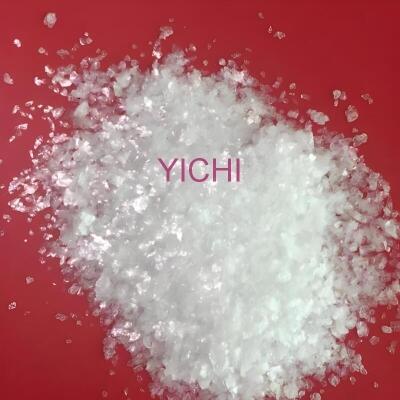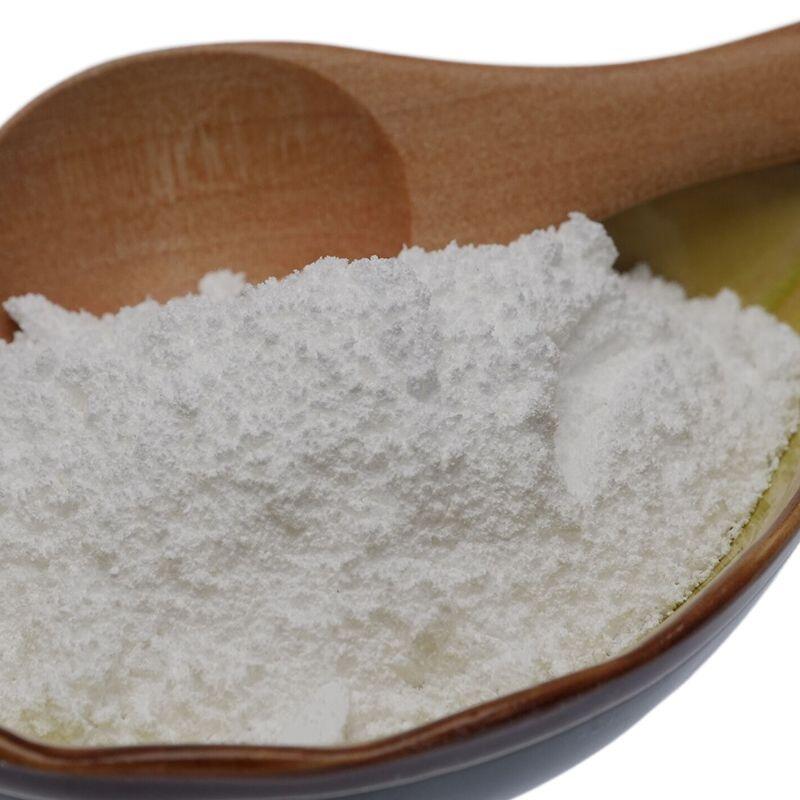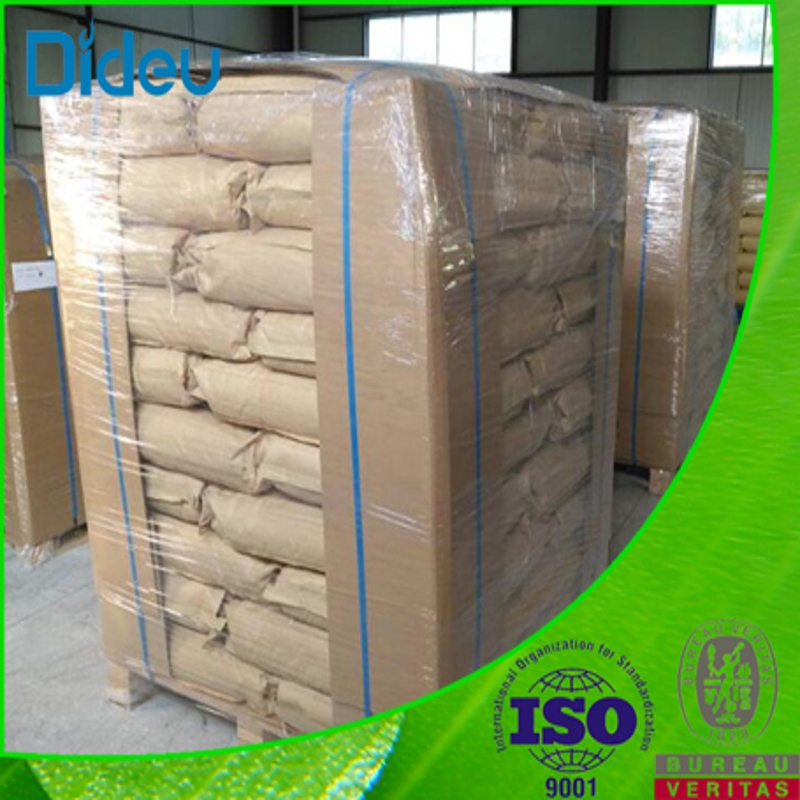-
Categories
-
Pharmaceutical Intermediates
-
Active Pharmaceutical Ingredients
-
Food Additives
- Industrial Coatings
- Agrochemicals
- Dyes and Pigments
- Surfactant
- Flavors and Fragrances
- Chemical Reagents
- Catalyst and Auxiliary
- Natural Products
- Inorganic Chemistry
-
Organic Chemistry
-
Biochemical Engineering
- Analytical Chemistry
-
Cosmetic Ingredient
- Water Treatment Chemical
-
Pharmaceutical Intermediates
Promotion
ECHEMI Mall
Wholesale
Weekly Price
Exhibition
News
-
Trade Service
Editor’s note iNature is China’s largest academic official account.
It is jointly created by the doctoral team of Tsinghua University, Harvard University, Chinese Academy of Sciences and other units.
The iNature Talent Official Account is now launched, focusing on talent recruitment, academic progress, scientific research information, interested parties can Long press or scan the QR code below to follow us
.
iNature antibody-dependent enhancement (ADE) is an important safety issue in the development of vaccines against dengue fever virus (DENV) and its antigen-associated Zika virus (ZIKV), because the vaccine may induce harmful antibodies to enhance natural infection
.
Cross-reactive antibodies that target the conserved fusion loop epitope (FLE) are known as the main source of ADE
.
On July 15, 2021, Gao Fu, Yan Jinghua, and Dai Lianpan of the Institute of Microbiology of the Chinese Academy of Sciences published a research paper entitled "Protective Zika vaccines engineered to eliminate enhancement of dengue infection via immunodominance switch" in Nature Immunology.
The research designed The ZIKV immunogen is designed to change the conformation of FLE but retain the neutralizing epitope
.
A single vaccination confers immunity to ZIKV without ADE infected with DENV serotypes 1-4, and eliminates mother-to-child transmission in mice
.
Unlike wild-type vaccines that mainly induce cross-reactive ADE-prone antibodies, B-cell analysis shows that engineered vaccines transform immunodominance into a dispersed mode without DENV enhancement
.
The crystal structure of the engineered immunogen shows a dimer conformation of the envelope protein destroyed by FLE
.
This study provides a vaccine candidate that can prevent ZIKV infection and infection/vaccination-induced DENV ADE
.
ZIKV is a mosquito-borne pathogen, belonging to the Flavivirus genus in the Flaviviridae family
.
The 2015-2016 ZIKV epidemic spread to 84 countries around the world, including China
.
ZIKV infection during pregnancy can lead to neonatal miscarriage and catastrophic congenital Zika syndrome, including microcephaly and neurodevelopmental disorders, and is also associated with Guillain-Barré syndrome in adults
.
The evidence so far shows that ZIKV can break through the barriers from the blood to the brain, placenta, testes and eyes, thereby causing pathogenicity
.
ZIKV can cause testicular damage and male infertility in mouse models
.
However, there are no prophylactic or therapeutic agents available, highlighting the necessity of vaccine development
.
With the global effort to develop vaccines, a noteworthy issue is that the ZIKV vaccine may trigger cross-reactive antibodies to enhance the natural infection of antigen-related DENV through ADE
.
Antibodies that can bind flavivirus particles without neutralizing activity will cause ADE through Fcγ receptor-mediated viral uptake
.
Extensive ADE has been observed in atypical secondary DENV infections, which may explain the severe dengue fever in humans
.
ADE has been a major obstacle to the development of DENV vaccine and is considered to be the limitation of the first licensed dengue vaccine Dengvaxia.
Dengvaxia is only recommended for individuals who are seropositive for DENV rather than seronegative for DENV due to more frequent serious clinical results
.
ADE also complicates the development of the ZIKV vaccine itself
.
More and more evidence shows that using mouse and macaque models, pre-existing ZIKV antibodies can significantly enhance DENV infection in vitro and aggravate dengue fever in vivo
.
More importantly, a recent study of the Nicaragua pediatric cohort clearly showed that previous ZIKV infection increased the risk of humans with DENV2 disease and severity and DENV3 severity in the future
.
This highlights the urgent need for an effective and safe ZIKV vaccine to (1) prevent homogenous ZIKV infection; (2) prevent future serious DENV infection caused by natural ZIKV infection and (3) prevent DENV ADE caused by the vaccine
.
In particular, it was found that ZIKV infection de novo activates ADE-prone antibodies in individuals with DENV experience
.
Therefore, the possible risks of DENV ADE should be considered when designing the ZIKV vaccine, especially considering that ZIKV/DENV is transmitted by the same vector (usually Aedes aegypti) and endangers people living in the same area
.
The ADE-prone antibody mainly targets epitopes on the fusion loop (FL) of the precursor membrane protein (prM) and envelope protein (E) in DENV
.
Due to epitope conservation, these antibodies have cross-reactivity between flavivirus serotypes or serum complexes, and generally have poor neutralization
.
More effective neutralizing antibodies (NAb) can recognize other epitopes
.
For ZIKV, it is reported that neutralizing monoclonal antibodies (mAb) can recognize epitopes on domain I (DI), DII and DIII, or quaternary epitopes on the surface of the virus
.
A strategy to prevent the induction of ADE-prone antibodies for the design of new ZIKV vaccines has been described recently
.
Mutations or minimal exposure of FL epitope (FLE) have been shown to reduce the ADE of DENV infection in mice
.
However, after the ZIKV challenge, a large amount of viral load can still be detected in the serum or in target tissues including the spleen, brain, placenta, and fetal head
.
In view of the many adverse effects on the fetus and newborns observed in pregnant women infected with ZIKV, sterilizing immunization may be required for vaccine development to prevent long-term sequelae
.
Here, the study describes the development process from antibodies to vaccines
.
By extracting insights from the structural basis of FLE mAb, the ZIKV immunogen was designed to (1) eliminate FLE, while (2) still present effective neutralizing epitopes
.
Introduction of mutations into key residues of FLE can easily lead to immunogen damage, and this obstacle is overcome by homologous replacement with natural variants of arthropod-specific flaviviruses
.
The resulting immunogen MutB/C was developed as a ZIKV vaccine
.
A single vaccination has a complete protective effect, eliminating the ADE of mouse DENV and preventing the mother-to-fetus transmission against ZIKV challenge
.
By analyzing the vaccine-induced B cell pool at the single-cell level, it is found that unlike wild-type (WT) constructs that mainly induce cross-reactive ADE-prone antibodies, vaccines based on MutB/C transform the immunodominance into ZIKV specificity without DENV enhancement Pattern
.
The crystal structure of the immunogen further reveals the molecular basis of vaccine efficacy and ADE ablation
.
Reference message: https://
It is jointly created by the doctoral team of Tsinghua University, Harvard University, Chinese Academy of Sciences and other units.
The iNature Talent Official Account is now launched, focusing on talent recruitment, academic progress, scientific research information, interested parties can Long press or scan the QR code below to follow us
.
iNature antibody-dependent enhancement (ADE) is an important safety issue in the development of vaccines against dengue fever virus (DENV) and its antigen-associated Zika virus (ZIKV), because the vaccine may induce harmful antibodies to enhance natural infection
.
Cross-reactive antibodies that target the conserved fusion loop epitope (FLE) are known as the main source of ADE
.
On July 15, 2021, Gao Fu, Yan Jinghua, and Dai Lianpan of the Institute of Microbiology of the Chinese Academy of Sciences published a research paper entitled "Protective Zika vaccines engineered to eliminate enhancement of dengue infection via immunodominance switch" in Nature Immunology.
The research designed The ZIKV immunogen is designed to change the conformation of FLE but retain the neutralizing epitope
.
A single vaccination confers immunity to ZIKV without ADE infected with DENV serotypes 1-4, and eliminates mother-to-child transmission in mice
.
Unlike wild-type vaccines that mainly induce cross-reactive ADE-prone antibodies, B-cell analysis shows that engineered vaccines transform immunodominance into a dispersed mode without DENV enhancement
.
The crystal structure of the engineered immunogen shows a dimer conformation of the envelope protein destroyed by FLE
.
This study provides a vaccine candidate that can prevent ZIKV infection and infection/vaccination-induced DENV ADE
.
ZIKV is a mosquito-borne pathogen, belonging to the Flavivirus genus in the Flaviviridae family
.
The 2015-2016 ZIKV epidemic spread to 84 countries around the world, including China
.
ZIKV infection during pregnancy can lead to neonatal miscarriage and catastrophic congenital Zika syndrome, including microcephaly and neurodevelopmental disorders, and is also associated with Guillain-Barré syndrome in adults
.
The evidence so far shows that ZIKV can break through the barriers from the blood to the brain, placenta, testes and eyes, thereby causing pathogenicity
.
ZIKV can cause testicular damage and male infertility in mouse models
.
However, there are no prophylactic or therapeutic agents available, highlighting the necessity of vaccine development
.
With the global effort to develop vaccines, a noteworthy issue is that the ZIKV vaccine may trigger cross-reactive antibodies to enhance the natural infection of antigen-related DENV through ADE
.
Antibodies that can bind flavivirus particles without neutralizing activity will cause ADE through Fcγ receptor-mediated viral uptake
.
Extensive ADE has been observed in atypical secondary DENV infections, which may explain the severe dengue fever in humans
.
ADE has been a major obstacle to the development of DENV vaccine and is considered to be the limitation of the first licensed dengue vaccine Dengvaxia.
Dengvaxia is only recommended for individuals who are seropositive for DENV rather than seronegative for DENV due to more frequent serious clinical results
.
ADE also complicates the development of the ZIKV vaccine itself
.
More and more evidence shows that using mouse and macaque models, pre-existing ZIKV antibodies can significantly enhance DENV infection in vitro and aggravate dengue fever in vivo
.
More importantly, a recent study of the Nicaragua pediatric cohort clearly showed that previous ZIKV infection increased the risk of humans with DENV2 disease and severity and DENV3 severity in the future
.
This highlights the urgent need for an effective and safe ZIKV vaccine to (1) prevent homogenous ZIKV infection; (2) prevent future serious DENV infection caused by natural ZIKV infection and (3) prevent DENV ADE caused by the vaccine
.
In particular, it was found that ZIKV infection de novo activates ADE-prone antibodies in individuals with DENV experience
.
Therefore, the possible risks of DENV ADE should be considered when designing the ZIKV vaccine, especially considering that ZIKV/DENV is transmitted by the same vector (usually Aedes aegypti) and endangers people living in the same area
.
The ADE-prone antibody mainly targets epitopes on the fusion loop (FL) of the precursor membrane protein (prM) and envelope protein (E) in DENV
.
Due to epitope conservation, these antibodies have cross-reactivity between flavivirus serotypes or serum complexes, and generally have poor neutralization
.
More effective neutralizing antibodies (NAb) can recognize other epitopes
.
For ZIKV, it is reported that neutralizing monoclonal antibodies (mAb) can recognize epitopes on domain I (DI), DII and DIII, or quaternary epitopes on the surface of the virus
.
A strategy to prevent the induction of ADE-prone antibodies for the design of new ZIKV vaccines has been described recently
.
Mutations or minimal exposure of FL epitope (FLE) have been shown to reduce the ADE of DENV infection in mice
.
However, after the ZIKV challenge, a large amount of viral load can still be detected in the serum or in target tissues including the spleen, brain, placenta, and fetal head
.
In view of the many adverse effects on the fetus and newborns observed in pregnant women infected with ZIKV, sterilizing immunization may be required for vaccine development to prevent long-term sequelae
.
Here, the study describes the development process from antibodies to vaccines
.
By extracting insights from the structural basis of FLE mAb, the ZIKV immunogen was designed to (1) eliminate FLE, while (2) still present effective neutralizing epitopes
.
Introduction of mutations into key residues of FLE can easily lead to immunogen damage, and this obstacle is overcome by homologous replacement with natural variants of arthropod-specific flaviviruses
.
The resulting immunogen MutB/C was developed as a ZIKV vaccine
.
A single vaccination has a complete protective effect, eliminating the ADE of mouse DENV and preventing the mother-to-fetus transmission against ZIKV challenge
.
By analyzing the vaccine-induced B cell pool at the single-cell level, it is found that unlike wild-type (WT) constructs that mainly induce cross-reactive ADE-prone antibodies, vaccines based on MutB/C transform the immunodominance into ZIKV specificity without DENV enhancement Pattern
.
The crystal structure of the immunogen further reveals the molecular basis of vaccine efficacy and ADE ablation
.
Reference message: https://







